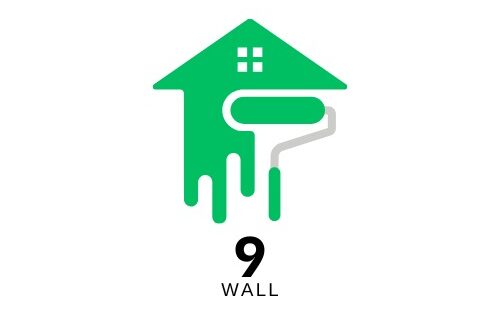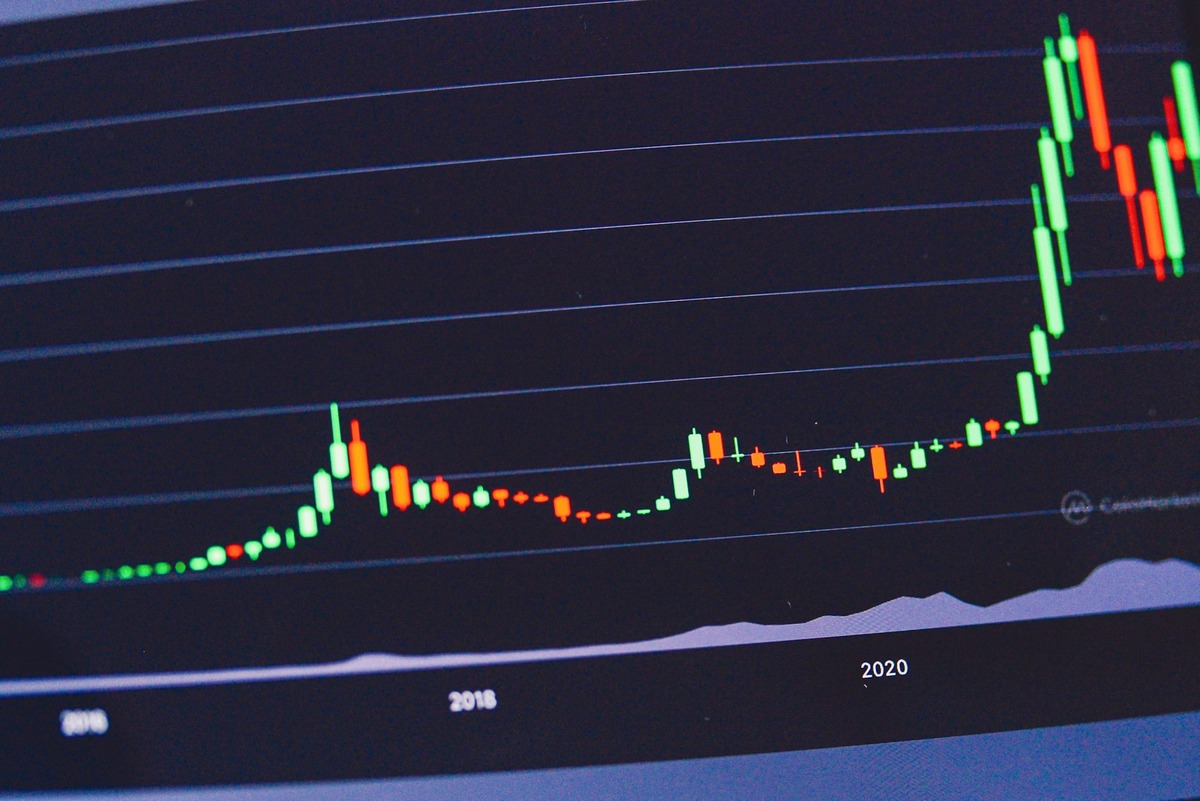Key Takeaways:
- Secure web gateways (SWGs) protect businesses from various cyber threats.
- Common threats include malware, phishing attacks, and unwanted content access.
- Implementing a secure web gateway enhances data security, ensuring compliance with regulations.
- Understanding these threats empowers businesses to improve their security posture proactively.
Introduction
The digital era has transformed businesses’ operations, enabling seamless connectivity and resource access. However, with these advancements come significant challenges, particularly regarding cybersecurity. Securing business networks is now more critical than ever, given the rise in cyberattacks targeting sensitive data and operations. A secure web gateway (SWG) has emerged as a vital tool to counter these threats, offering robust protection against numerous cyber challenges threatening modern enterprises.
Shielding Against Malware
Malware, short for malicious software, is one of the most pervasive threats to business networks today. It encompasses various harmful programs, including viruses, worms, trojans, and ransomware. These programs can infiltrate business systems through unsafe downloads or malicious links, leading to data breaches, system failures, and financial losses. By implementing secure web gateway solutions, businesses can effectively monitor web traffic and block the transmission of these harmful programs before they can cause any damage. This proactive monitoring ensures that only safe, vetted content is allowed through corporate networks.
Defending Against Phishing Attacks
Phishing attacks pose a significant threat, primarily targeting users to obtain sensitive information like passwords and credit card numbers. These attacks often manifest as deceptive emails or websites that appear legitimate, luring users into divulging private information. Secure web gateways can help mitigate phishing attacks by scrutinizing web traffic and emails to identify and block suspicious content before reaching its target. They can also provide real-time alerts and train employees to recognize potential phishing attempts.
Controlling Unwanted Content Access
Regulating access to specific websites and online content is crucial for maintaining productivity and protecting against cybersecurity threats. Unwanted content can range from non-work-related websites to malicious pages that can compromise network security. Secure web gateways provide mechanisms to enforce web usage policies, ensuring that users cannot access inappropriate or harmful websites. This feature not only aids in maintaining employee productivity but also fortifies the network against potential security gaps. By categorizing and filtering web content in real-time, SWGs ensure that only approved resources are accessible. This helps reduce the risk of accidental exposure to phishing or malware-laden sites. Additionally, detailed reporting and analytics enable administrators to monitor compliance and adjust policies to address emerging threats effectively.
Preventing Data Loss
Data loss can harm businesses financially and reputationally. Secure web gateways (SWGs) are essential for preventing data loss because they monitor data transfers and stop illegal attempts to transport private data outside the network. By implementing content inspection and encryption protocols, SWGs ensure that valuable data remains secure and compliant with data protection regulations and standards.
Guarding Against Zero-Day Threats
Zero-day threats are software vulnerabilities that cybercriminals exploit before developers can issue fixes. These threats are particularly challenging as they can catch organizations off-guard. A secure web gateway enhances an organization’s defense against zero-day exploits by leveraging advanced threat detection methods to identify and neutralize these unknown risks. SWGs provide a dynamic defense against emerging threats by continuously adapting to new vulnerabilities. By incorporating machine learning and AI-driven analytics, SWGs can detect anomalous behavior indicative of zero-day attacks. This proactive approach minimizes the exposure window, reducing the likelihood of exploitation. Additionally, SWGs regularly update their threat intelligence databases, ensuring defenses stay ahead of rapidly evolving cyberattack strategies.
Blocking Spyware and Adware
Although often considered less dangerous than other forms of malware, spyware and adware can still pose significant risks. Spyware can discreetly monitor user activities and transmit sensitive information to external parties, while adware can inundate users with unwanted advertisements, disrupting workflow and potentially leading to other security issues. By filtering web traffic, secure web gateways can block these programs, safeguarding user privacy and maintaining efficient business operations. Additionally, SWGs analyze incoming and outgoing data in real-time, preventing hidden spyware from accessing critical systems. Their ability to identify and quarantine suspicious activity helps mitigate the risk of data leaks caused by these threats. By keeping networks from spyware and adware, SWGs contribute to a smoother, more secure digital environment for employees and businesses.
Maintaining Regulatory Compliance
Organizations must adhere to strict data protection regulations such as GDPR, HIPAA, and others, which require them to safeguard personal data against unauthorized access and breaches. A secure web gateway helps ensure compliance with these regulations by providing auditing and reporting capabilities that allow businesses to track and document access to sensitive information. This functionality offers both a protective measure and a means for accountability, ensuring that companies remain compliant with legal standards. Furthermore, SWGs can automatically enforce region-specific compliance rules, reducing the risk of human error in managing sensitive data. Their ability to provide detailed insights into network activity enhances transparency, which is crucial for regulatory audits. By integrating SWGs into their cybersecurity strategy, organizations can proactively demonstrate their commitment to maintaining data protection standards.
Conclusion
A secure web gateway is an indispensable tool in a business’s cybersecurity arsenal, effectively defending against a broad spectrum of cyber threats. SWGs provide a robust framework for protecting valuable data and maintaining secure, compliant operations, from malware and phishing attacks to unauthorized content access and zero-day threats. By understanding and addressing these common threats, businesses can significantly bolster their cybersecurity posture, ensuring both the security of their data and the continuity of their operations in today’s ever-evolving digital landscape. Additionally, SWGs offer advanced threat intelligence integration, enabling businesses to stay ahead of emerging risks. Their adaptability to evolving threat landscapes ensures ongoing relevance and protection for organizations of all sizes. Implementing an effective SWG strategy is not just about defense; it’s about empowering businesses to thrive securely in a connected world.








